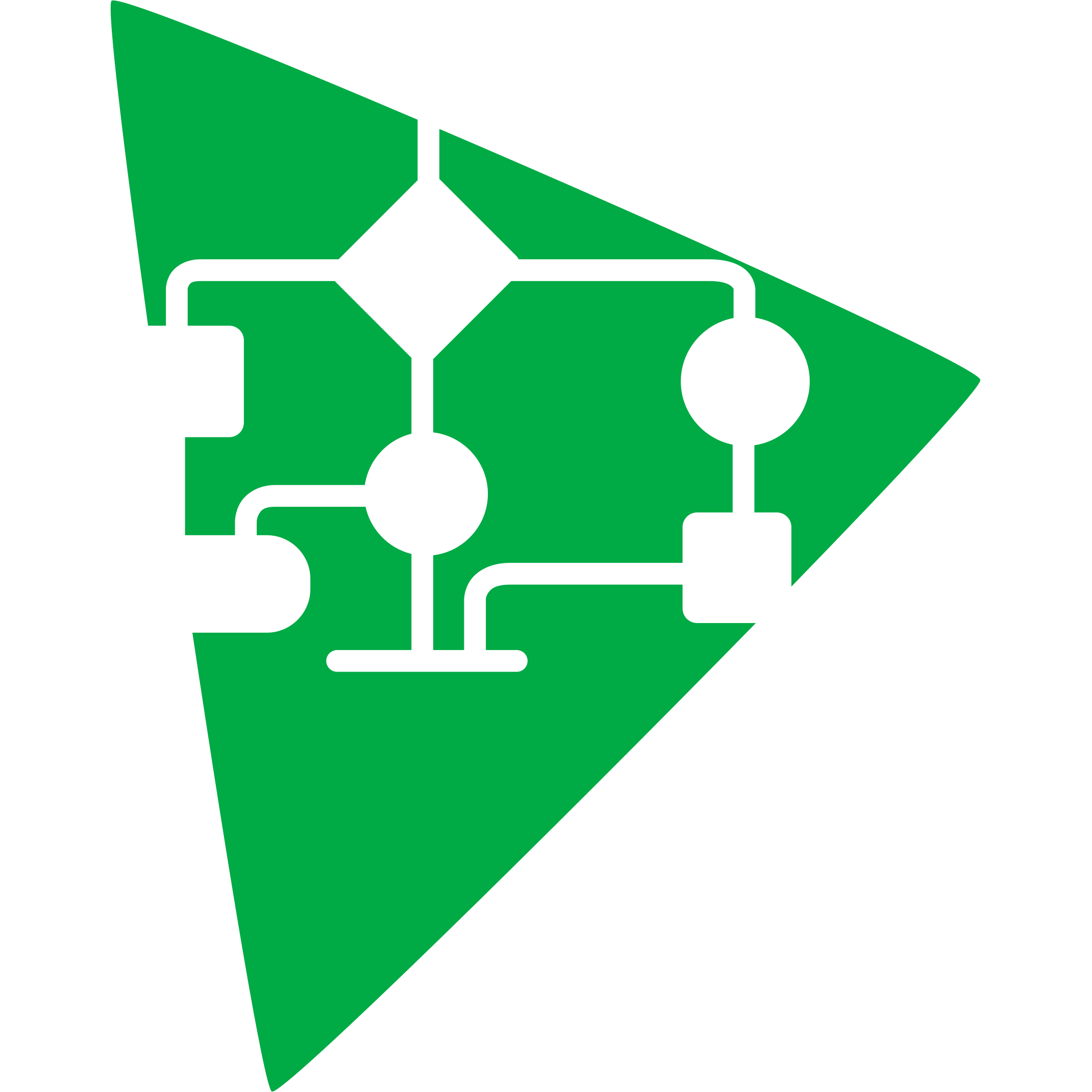When I started contributing to Linux Kernel, one of my favorite tasks for
learning more about the kernel was following the public mailing list of the
subsystem that I was interested in. A few months after I started contributing
to the kernel, I became a maintainer and had to follow patches related to the
driver that I was maintaining. A few weeks ago, I also became one of the
maintainers of the display component under the amdgpu driver. Yeah… I am
aware that I’m doing poor work as a maintainer, which I blame the lack of
structure in my review flow. Don’t get me wrong, I was trying… for example, I
set up my neomutt to help me with that, but unfortunately, I could not use it
anymore due to external forces, which broke my already inefficient review
process. Anyway, I’m uncomfortable about that since I want to be a better
maintainer, but I realize that I need to fix my workflow.
